This situation comes from a lot of social problems, and also creates all kinds of other problems.
Recently, a pilot program “Gangaroo House” aired on a cable channel has become popular in Korea. The program, whose Korean title is “Growing Up, But Not Leaving Parents,” shows the daily lives of celebrities who live with their parents. It can be seen as the opposite of the popular observational reality show “I Live Alone.”
Thanks to positive feedback from viewers, the show has been scheduled to become a regular series starting next year. Behind the show’s popularity is the rise of the “kangaroo tribe,” which refers to adults who are unmarried and have not moved out of their parents’ home, like an animal in its mother’s pouch.
"Children" who refuse to grow up or cannot grow up
According to a report by the Korea Employment Information Service, the proportion of “kangaroo tribe” people aged 25 to 34 was 66% as of 2020. In this study, young people living with their parents, as well as those living separately for temporary reasons such as studying or military service but not financially independent, were classified as kangaroo tribe.
In other words, 6 or 7 out of 10 people in this age group are either not financially independent from their parents or still live with their parents.
Why do they stay with their parents? Financial reasons are the most important, as one can imagine.
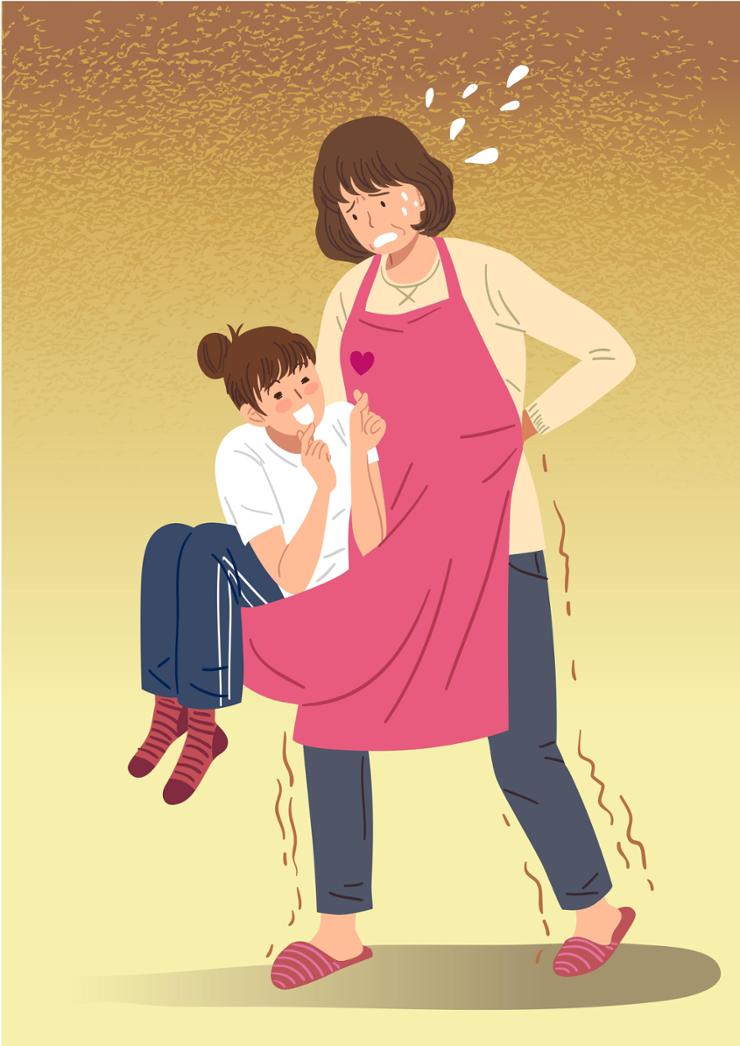
Illustration
Han, a man in his 30s living in Gimhae, South Gyeongsang Province, recently gave up on preparing for the police exam. He said he had relied on his parents for years to cover most of the money he needed, such as tuition for private schools and living expenses, although he occasionally supplemented his income with a part-time delivery job.
However, the preparation time was longer than expected, and both he and his parents were exhausted. He said his parents sighed every time they saw him. “I don’t have the money to move out, so I have no choice. I plan to save money by increasing my hours with a part-time delivery job, but I don’t know when I will have enough money to support myself,” he said.
Many people think they don't need independence.
Having a job does not necessarily mean that a person will be independent in South Korea. According to the report mentioned above, the kangaroo tribe rate among employed people has decreased slightly from 65% to 63.5%, but that still means that 6 out of 10 individuals in this group have not yet achieved complete financial independence from their parents.
Jeon, a civil servant in her 40s living in Yongin, Gyeonggi Province, also lives with her parents, despite having a stable job. She does not contribute to living expenses because her parents are well-off.
“I don’t think I’m dependent on them. They help me with the housework, but they depend on me emotionally. I think it’s a win-win situation,” she said.
A study by the Korea Institute for Health and Social Affairs found that many young people in South Korea, like Jeon, think they don't need to live independently.
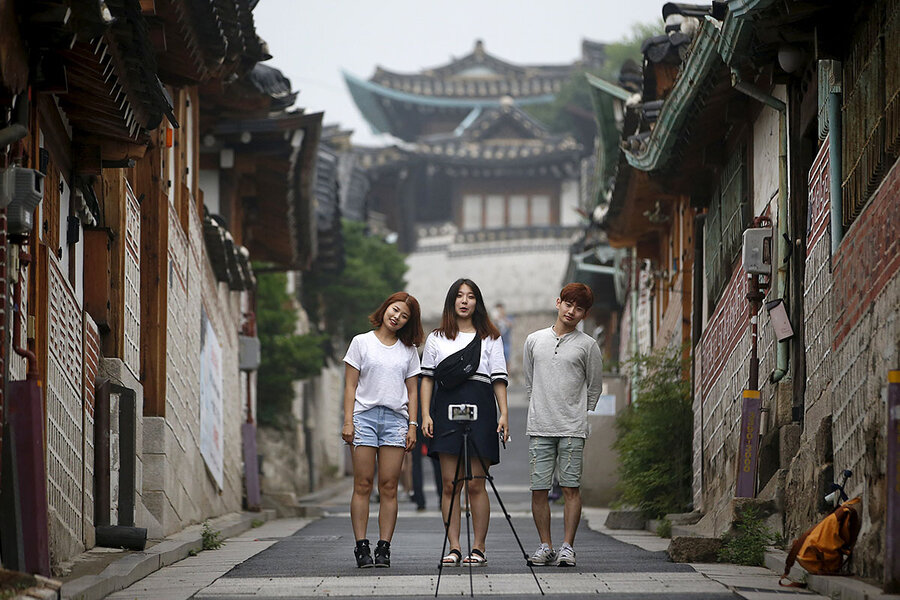
There are people in their 30s, even 40s who think they don't need to be independent (Illustration photo)
According to a survey of 2,086 young people aged 19 to 34, about 30% said they did not need to live independently. In addition, about 22% believed that economic independence after adulthood was not necessary.
This phenomenon is not limited to South Korea. The rate of economically independent young people has also declined in other advanced economies. However, 81% of South Koreans in their 20s are classified as part of the kangaroo tribe, the highest rate among the 36 OECD member countries.
The problem is that this trend could put a burden on their parents’ generation, who are preparing for their twilight years. Parents are being forced to sacrifice their retirement, which could be a social issue as the country faces the retirement of the second wave of baby boomers, or those born between 1964 and 1974, who number 9.45 million.
The lack of quality jobs is forcing young people to become so-called “possums”. Even when they do have jobs, rents are too high for young people to afford. Therefore, the job market and public housing policy play a key role in the older generation’s happy retirement.
Source: The Korea Times
Source: https://giadinh.suckhoedoisong.vn/66-nguoi-tre-han-quoc-thuoc-bo-toc-kangaroo-172241213071710241.htm










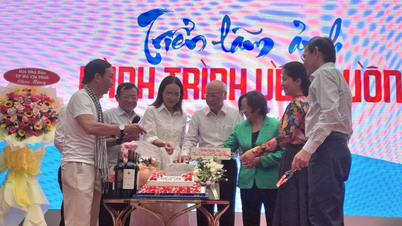

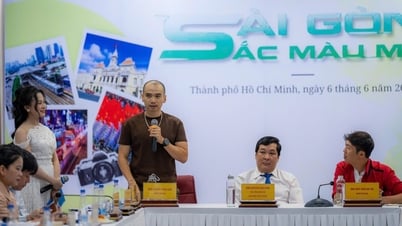



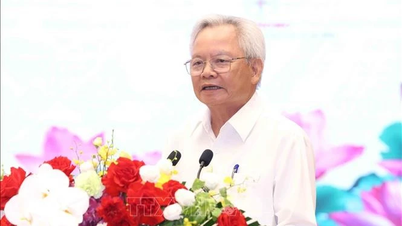

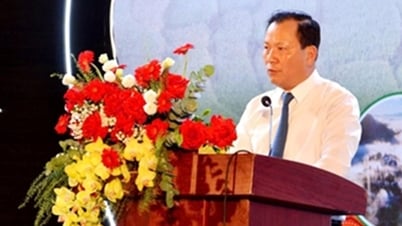






































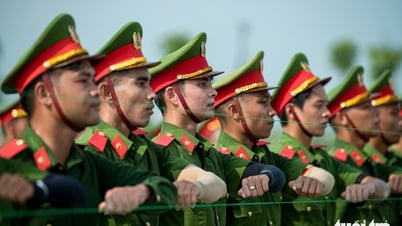
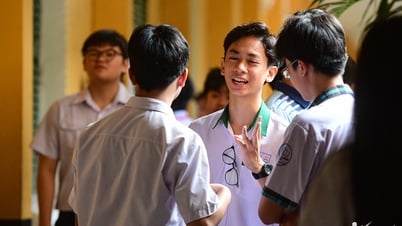



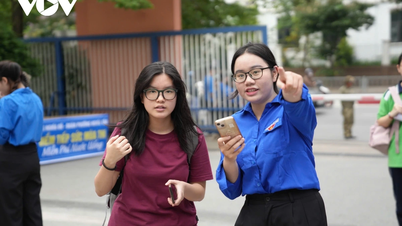









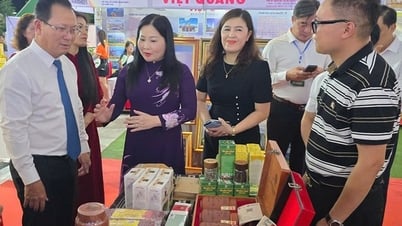
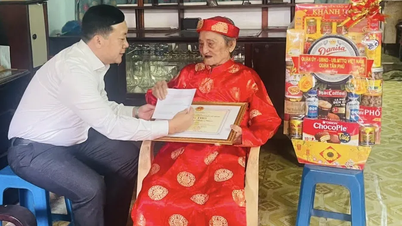
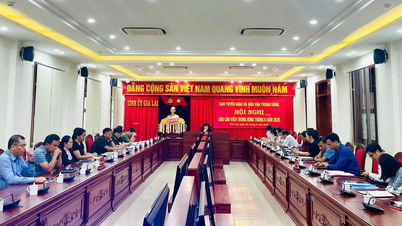






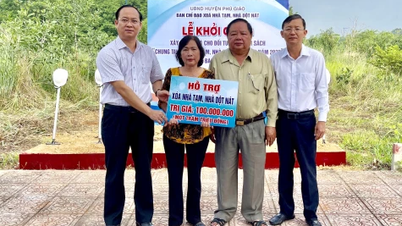




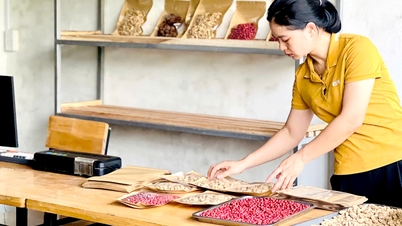







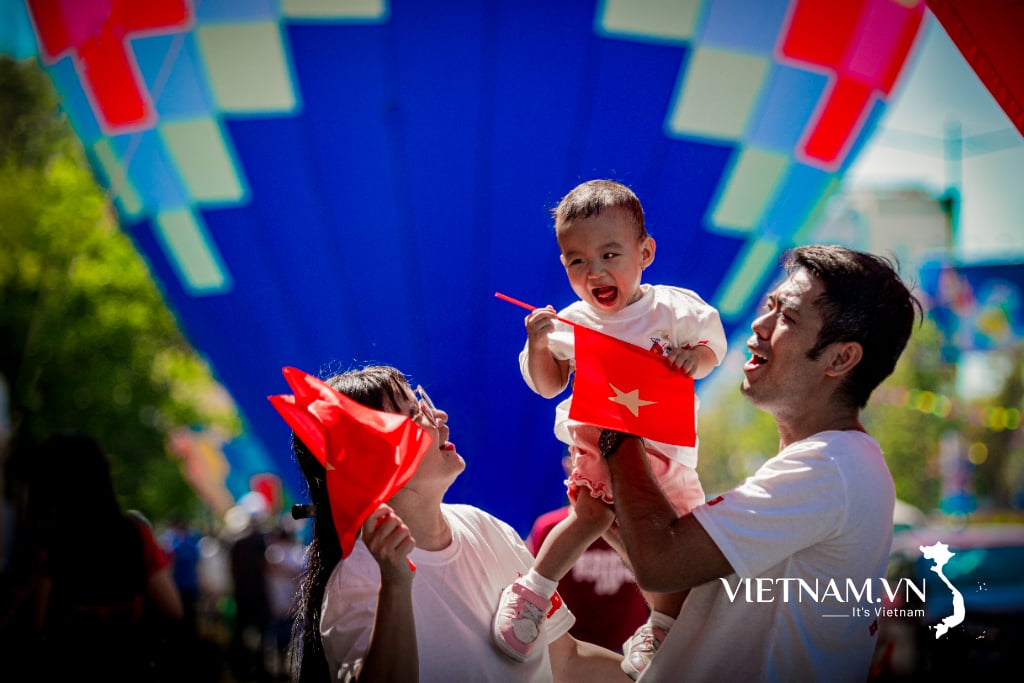
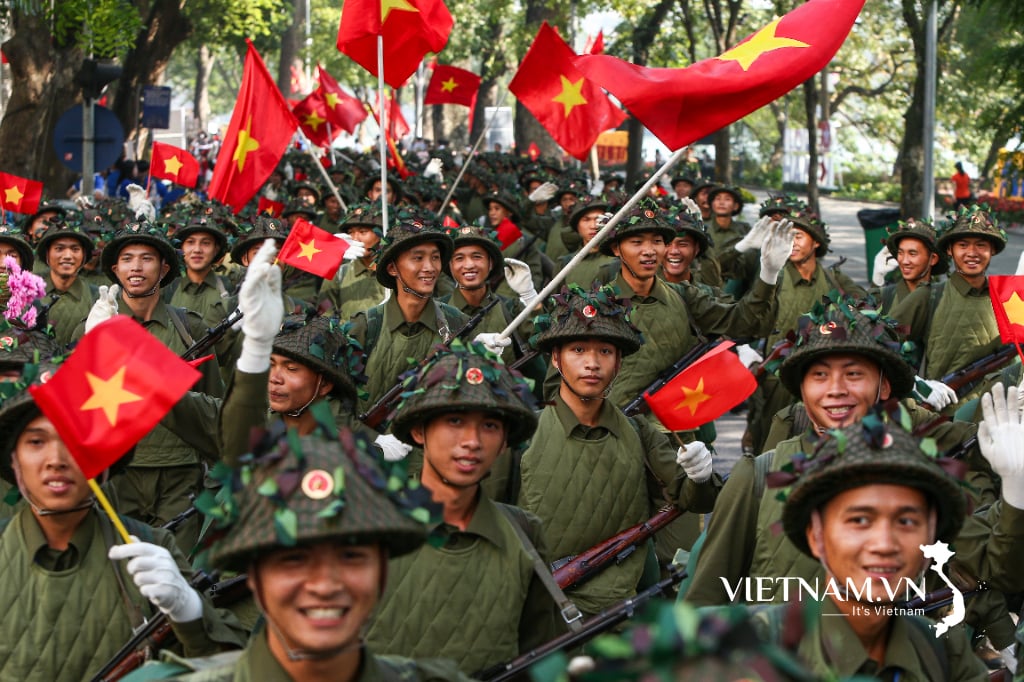
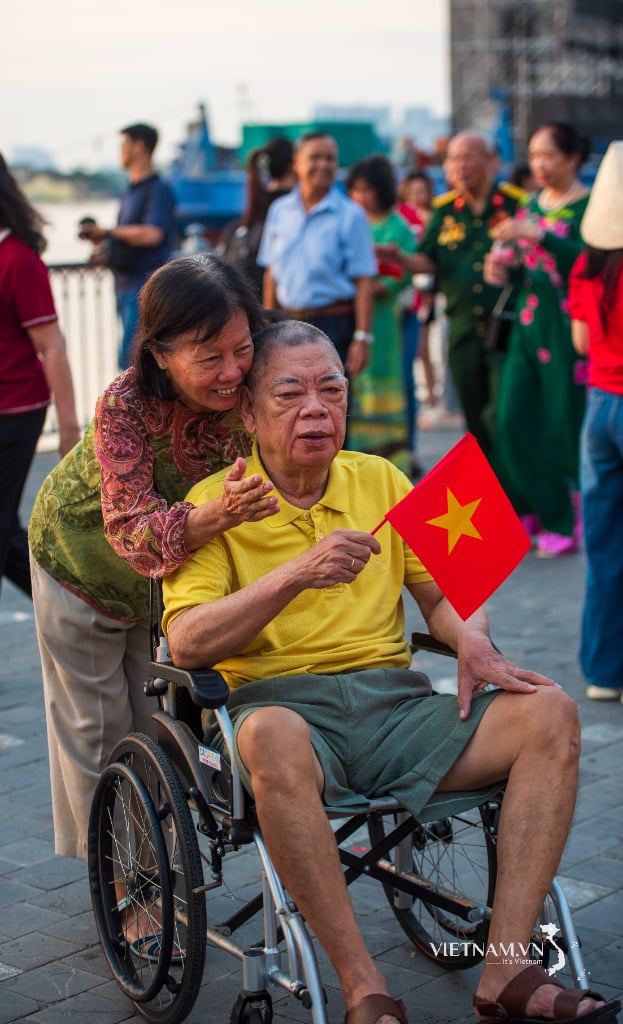
Comment (0)